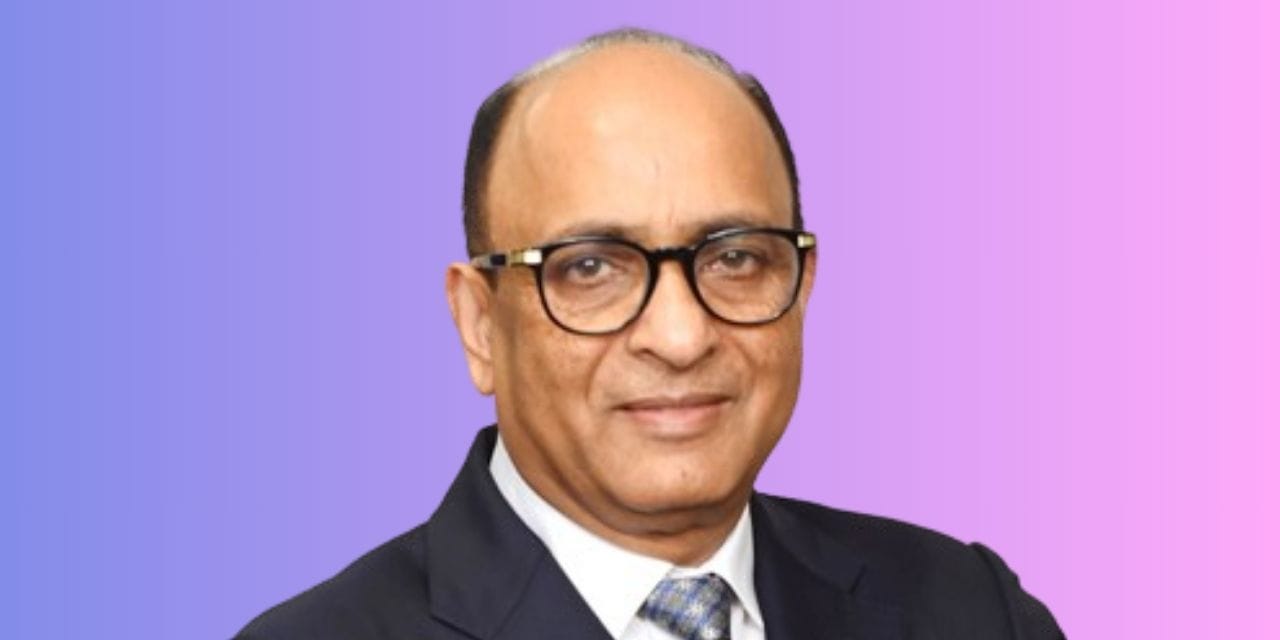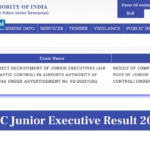Sumant Kathpalia, a name synonymous with Indian retail banking innovation, has had a long and eventful journey in the financial services sector. As the former Managing Director and CEO of IndusInd Bank, his leadership was marked by strategic growth, digital transformation, and eventually, a headline-making controversy in 2025. This blog dives into his career trajectory, achievements, and the turbulent exit that sparked national attention.
🧑💼 Early Life and Education
Sumant Kathpalia was born into a business-oriented family and always had an affinity for numbers. After completing his undergraduate studies in commerce from Hindu College, Delhi University, he went on to become a Chartered Accountant. His academic foundation laid the groundwork for a rigorous, detail-oriented approach that would serve him well throughout his career.
💼 Entry into the Banking World
Kathpalia started his career in the mid-1980s, entering the Indian banking sector during a period of transformation. Over the years, he worked with some of the most prestigious global banks including:
- Citibank
- Bank of America
- ABN AMRO Bank
In these roles, he gained valuable experience in corporate banking, retail lending, and consumer finance. By the early 2000s, he was already known within banking circles as a specialist in scaling up consumer banking operations and launching innovative products.
🚀 The IndusInd Bank Journey
Sumant Kathpalia joined IndusInd Bank in 2008. This move would define his professional identity and leave a lasting impact on the Indian banking ecosystem.
1. Transforming Retail Banking
At the time of his joining, IndusInd Bank was still in its expansion phase. As Head of Consumer Banking, he played a pivotal role in building the bank’s retail portfolio. Under his leadership:
- The consumer loan book grew exponentially, from around ₹7,500 crore to nearly ₹1.6 lakh crore.
- New retail products were launched across auto loans, personal finance, and digital banking.
- The bank’s reach expanded into semi-urban and rural areas, driving financial inclusion.
2. Becoming MD & CEO
In March 2020, Sumant was appointed the Managing Director and Chief Executive Officer of IndusInd Bank. His appointment came at a critical juncture, right at the onset of the COVID-19 pandemic. Despite these challenges, he led the bank with clarity and determination.
📊 Achievements as CEO
As CEO, Sumant Kathpalia implemented several reforms and initiatives that shaped the bank’s trajectory:
1. Digital Transformation
He heavily invested in tech infrastructure. Mobile banking, AI-powered chatbots, and cloud-native solutions became the norm under his watch. The goal was to make banking seamless, intuitive, and accessible even for first-time users.
2. Profitability and Growth
Under his leadership, IndusInd Bank’s stock price almost doubled in five years. Net interest margins improved, and the bank became one of the top performers in the private sector segment.
3. Risk and Credit Management
The bank maintained a healthy balance sheet and improved its asset quality year-over-year, despite the impact of the pandemic.
4. Sustainability Initiatives
IndusInd launched green banking and ESG-focused financing, aligning with the global push for responsible corporate practices.
📉 The 2025 Derivatives Controversy
Despite a successful run as CEO, Sumant Kathpalia’s tenure ended on a controversial note. In early 2025, reports surfaced regarding accounting discrepancies in the bank’s derivatives portfolio.
The Issue
The bank discovered misreporting of internal trades in its derivatives book, which falsely inflated profits. The issue was reportedly not due to customer transactions but internal error or manipulation, leading to estimated losses of over ₹1,600 crore—about 2.35% of the bank’s net worth.
Market Reaction
- IndusInd Bank’s stock plunged by over 25% in a single trading session.
- Investors and analysts raised questions about governance and risk controls.
- The Reserve Bank of India (RBI) and Securities and Exchange Board of India (SEBI) initiated a detailed probe.
⚖️ SEBI Investigation & Aftermath
Following its inquiry, SEBI issued show-cause notices to Sumant Kathpalia and other top executives. The allegations included:
- Insider trading
- Improper disclosure of derivatives positions
- Failure to uphold fiduciary duties
Consequences:
- Sumant Kathpalia resigned from his role as MD & CEO.
- SEBI barred him from participating in the securities market until further notice.
- Assets worth nearly ₹20 crore were frozen, pending further investigation.
This marked a dramatic fall from grace for one of the most respected bankers in India.
📚 Leadership Lessons
Sumant Kathpalia’s journey offers several important takeaways for the business and financial world:
1. Vision Drives Transformation
Kathpalia’s ability to think ahead of the curve helped IndusInd become a digitally advanced bank with a sharp customer focus.
2. Governance Matters
The 2025 incident underscores the need for robust internal controls and proactive risk management—especially in complex areas like derivatives trading.
3. Transparency is Non-Negotiable
No matter how successful a leader is, transparency and compliance must be at the core of all operations.
🔮 What Lies Ahead?
As of August 2025, Sumant Kathpalia remains under regulatory scrutiny. While his resignation closed a major chapter, many in the banking industry believe that he may make a comeback in the financial or fintech sectors once legal matters are resolved.
His contributions to Indian banking, especially in the areas of consumer finance and digital inclusion, remain noteworthy. Yet, the derivatives episode will continue to cast a long shadow over an otherwise stellar career.
📝 Conclusion
Sumant Kathpalia’s story is one of ambition, execution, innovation—and caution. He built a powerful legacy at IndusInd Bank, changing the way millions of Indians interact with banking services. However, a single misstep in governance overshadowed years of progress.
As the Indian financial landscape matures, this case is likely to be studied in B-schools and boardrooms alike. Whether Kathpalia returns to the public stage or chooses to remain behind the scenes, his journey offers lessons in both leadership and accountability.










